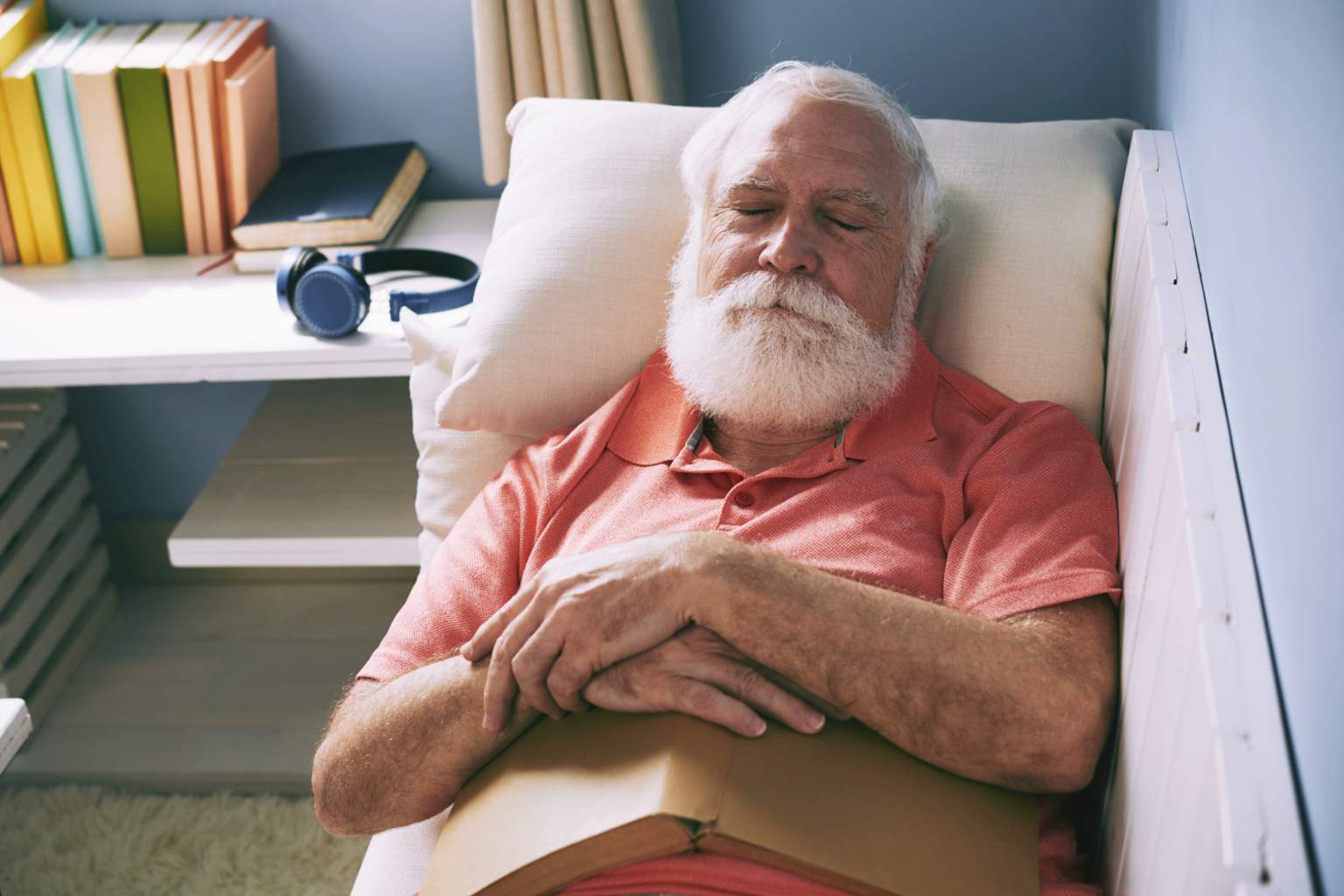As we age, it becomes more important than ever to take care of our health. From eating well and staying hydrated to exercising and getting enough rest, every habit counts. But after the age of 65, one key element of well-being truly stands out: quality sleep. How much sleep do seniors really need? The science might surprise you.
Recommended hours of sleep for people over 65
Our body’s needs naturally change as we grow older. Unlike the common myth that aging means needing less rest, studies show that seniors still require a solid amount of sleep to thrive. Experts from well-respected medical institutions like the Mayo Clinic suggest that adults over 65 should aim for about seven hours of sleep per night.
This seven-hour target isn’t arbitrary. It allows the body to fully recover and supports crucial functions like memory retention, immune system strength, and reducing the risk of chronic diseases. Aging brings changes in sleeping patterns—cycles become shorter and lighter, and deep sleep phases tend to decrease. But the amount needed for optimal health remains steady.
How aging affects sleep patterns and what to expect
Many seniors notice that they fall asleep earlier but also wake up earlier in the morning. Nighttime awakenings tend to increase, which can make people feel less rested overall. The decrease in deep, restorative sleep might feel discouraging, but it is a natural part of getting older.
Understanding these shifts helps us approach sleep with more compassion. Instead of fighting the changes, we can adapt our routines to support better rest. Sleep is about more than just quantity—its quality is equally important. Even with lighter or shorter sleep cycles, the right habits can make a big difference.
Tips for improving sleep quality after 65
To enhance your chances of achieving restful nights, start by establishing a consistent daily routine. Going to bed and waking up at the same time each day helps regulate your body clock. Avoiding screens before bedtime is crucial because the blue light they emit can disrupt melatonin, the hormone that controls sleep.
Reducing caffeine intake in the afternoon also promotes better sleep quality come nighttime. Creating a bedroom environment that’s calm, cool, and dark can transform your sleep experience. Sometimes, small changes like blackout curtains or a white noise machine become game changers.
Napping is a tricky subject for seniors. While a short nap can restore energy, long or late-afternoon naps may interfere with nighttime sleep. Experts recommend keeping naps under 20 minutes and ideally between noon and 3 p.m. This balance allows you to recharge without throwing off your main sleep cycle.
Reflecting on my own experience, I’ve noticed that when I stick to these simple strategies—cutting caffeine after lunch, dimming screens early, and retreating to a cozy, darkened room—I not only fall asleep faster but wake feeling fresher. It can feel like reclaiming control over an elusive part of aging.
How have your nights changed as you’ve gotten older? Have you found any particular routines or tricks that help you sleep better? Share your stories – and don’t hesitate to pass along this advice to a loved one who might benefit. Sleep is a gift we all deserve, at every age.
